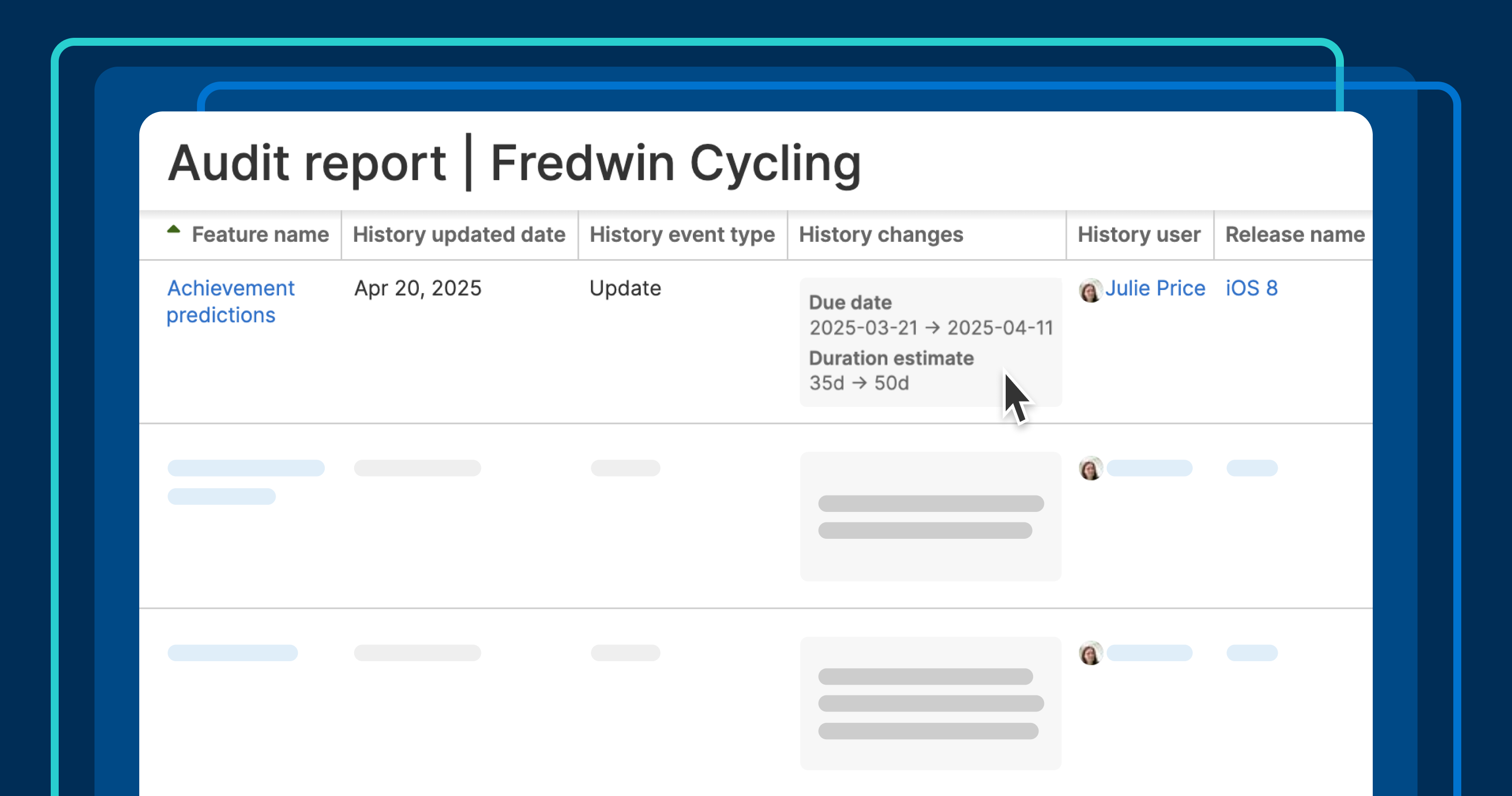When saying ‘no’ can hinder your career growth
We’re often told to stand up for ourselves, have boundaries, “do you,” and often in the process, frequently encouraged to say “no.” In recent times, we’ve seen entire books and productivity philosophies built around the art of refusal. Saying “no” works well for establishing healthy workplace boundaries and for self-preservation, and many see it as the stamp of a mature professional. The ability to say “no” creates a respectful and safe workplace, helps avoid burnout, and importantly, elevates and empowers individuals. But there is such a thing as saying “no” too often. And as a result, you might miss out on promotions, learning opportunities, and being part of important projects. In the process, your career could stagnate. Identifying boundaries or barriers One of the ways we justify the “no” is by positioning it as a boundary. But not every “no” is a boundary. These false boundaries are obstructive barriers. Instead of protection, they can actually act as an obstruction to growth, quietly and assuredly dismantling opportunities from coming your way. Statements like “I don’t have time” or “I’m too busy,” without an offer of a solution, are hard stops. Using statements habitually can be problematic because it has the potential to send the wrong message to your boss and team. They stop being a reason and start becoming a reputation. We tend to decline specific projects when they appear too challenging or unfamiliar, or when they potentially expose weaknesses. Yet, research supports the idea that discomfort can be a catalyst for growth. Boundaries need to evolve with context. Static boundaries may provide short-term clarity, but dynamic boundaries—those that respond to workload, team goals, and personal value—create sustainability. How saying ‘no’ can impact growth and learning Saying “no” out of fear rather than necessity can cause you to miss out on developing skills, exploring new networks, and having experiences that test your resilience. Studies in developmental and organizational psychology show that growth occurs on the edge of competence, not in the comfort zone. When we say “no” to tasks that feel uncertain or emotionally risky, we shield ourselves from the very friction that sharpens our skills. Neuroscientific studies suggest that novelty and challenge stimulate learning centers in the brain. Research shows that exposure to novel environments can enhance memory consolidation and recall. Additional studies demonstrate that novelty tends to activate the dopamine system, which plays a central role in learning. That stretch project you’re tempted to decline? It may offer more return on investment for your brain than any formal training. Being aware of relational consequences The workplace is a social ecosystem with collaboration and trust built over time. Say “no” too often and you can weaken precious relationships. This can hamper teamwork and connection. To build psychological safety, which is foundational to high-performing teams, you need shared risk and shared effort. When you constantly say “no” without context or care, you inadvertently signal disengagement, which corrodes the very trust high-performing teams rely on. When you display frequent signals of detachment and resistance to take on stretch projects, you run the risk of them seeing you as a “non-participant.” When that happens, others might start to exclude you from influence, advancement, and trust-building. And when colleagues can’t rely on your participation, they inevitably stop including you in pivotal conversations. Saying “yes” is a social cue that communicates engagement, cooperation, and a willingness to be part of the ensemble. The importance of saying ‘yes’ when you don’t want to Sometimes and often in life, we have to do the things we don’t want to do. And at work, it’s no different. Every job has unpalatable aspects. Even the most glamorous of positions. It’s the ying that balances the job’s yang. Accepting that we sometimes have to do things we don’t want to do is part of being a productive member of the workforce and your team. Helping—even when it’s inconvenient—signals credibility and fosters influence across teams. Additionally, reaching long-term goals often means doing things we don’t feel like doing. Too many refusals over time, and others may interpret your “no’s” as disengagement or entitlement. If you’re in a leadership or management role, don’t delegate parts of your job because you don’t like them. You might have the authority to do that, but your team will see through it. Over time, it can erode trust and credibility, two things no leader can afford to lose. Say “yes” if you don’t want to, but only if you’ll benefit from the learning, networking, and development. Say “yes” if it assists a team member, and if it is a critical team and business value. Don’t forget that you might need the favor one day, too. The more people who see your actions, the more influen

We’re often told to stand up for ourselves, have boundaries, “do you,” and often in the process, frequently encouraged to say “no.” In recent times, we’ve seen entire books and productivity philosophies built around the art of refusal.
Saying “no” works well for establishing healthy workplace boundaries and for self-preservation, and many see it as the stamp of a mature professional. The ability to say “no” creates a respectful and safe workplace, helps avoid burnout, and importantly, elevates and empowers individuals.
But there is such a thing as saying “no” too often. And as a result, you might miss out on promotions, learning opportunities, and being part of important projects. In the process, your career could stagnate.
Identifying boundaries or barriers
One of the ways we justify the “no” is by positioning it as a boundary. But not every “no” is a boundary. These false boundaries are obstructive barriers. Instead of protection, they can actually act as an obstruction to growth, quietly and assuredly dismantling opportunities from coming your way.
Statements like “I don’t have time” or “I’m too busy,” without an offer of a solution, are hard stops. Using statements habitually can be problematic because it has the potential to send the wrong message to your boss and team. They stop being a reason and start becoming a reputation.
We tend to decline specific projects when they appear too challenging or unfamiliar, or when they potentially expose weaknesses. Yet, research supports the idea that discomfort can be a catalyst for growth.
Boundaries need to evolve with context. Static boundaries may provide short-term clarity, but dynamic boundaries—those that respond to workload, team goals, and personal value—create sustainability.
How saying ‘no’ can impact growth and learning
Saying “no” out of fear rather than necessity can cause you to miss out on developing skills, exploring new networks, and having experiences that test your resilience. Studies in developmental and organizational psychology show that growth occurs on the edge of competence, not in the comfort zone. When we say “no” to tasks that feel uncertain or emotionally risky, we shield ourselves from the very friction that sharpens our skills.
Neuroscientific studies suggest that novelty and challenge stimulate learning centers in the brain. Research shows that exposure to novel environments can enhance memory consolidation and recall. Additional studies demonstrate that novelty tends to activate the dopamine system, which plays a central role in learning. That stretch project you’re tempted to decline? It may offer more return on investment for your brain than any formal training.
Being aware of relational consequences
The workplace is a social ecosystem with collaboration and trust built over time. Say “no” too often and you can weaken precious relationships. This can hamper teamwork and connection. To build psychological safety, which is foundational to high-performing teams, you need shared risk and shared effort. When you constantly say “no” without context or care, you inadvertently signal disengagement, which corrodes the very trust high-performing teams rely on.
When you display frequent signals of detachment and resistance to take on stretch projects, you run the risk of them seeing you as a “non-participant.” When that happens, others might start to exclude you from influence, advancement, and trust-building. And when colleagues can’t rely on your participation, they inevitably stop including you in pivotal conversations. Saying “yes” is a social cue that communicates engagement, cooperation, and a willingness to be part of the ensemble.
The importance of saying ‘yes’ when you don’t want to
Sometimes and often in life, we have to do the things we don’t want to do. And at work, it’s no different. Every job has unpalatable aspects. Even the most glamorous of positions. It’s the ying that balances the job’s yang. Accepting that we sometimes have to do things we don’t want to do is part of being a productive member of the workforce and your team. Helping—even when it’s inconvenient—signals credibility and fosters influence across teams.
Additionally, reaching long-term goals often means doing things we don’t feel like doing. Too many refusals over time, and others may interpret your “no’s” as disengagement or entitlement. If you’re in a leadership or management role, don’t delegate parts of your job because you don’t like them. You might have the authority to do that, but your team will see through it. Over time, it can erode trust and credibility, two things no leader can afford to lose.
Say “yes” if you don’t want to, but only if you’ll benefit from the learning, networking, and development. Say “yes” if it assists a team member, and if it is a critical team and business value. Don’t forget that you might need the favor one day, too. The more people who see your actions, the more influence you have.
When should you say ‘no’?
Of course, there are times when “no” is the appropriate answer. Saying “no” when saying “yes” would compromise your values, ethics, or professional integrity. Just ensure your claim on values is genuine and not a cosmetic excuse. Otherwise, it risks becoming another false boundary. Say “no” when the cost is too high, when it leads to too much stress and burnout.
If you feel burdened and overwhelmed, saying “no” can be a legitimate and smart decision. However, you still need to say it the right way. Knowing when and how to say “no” is a skill. Your “no” should never be a limitation. Saying “no” at work—the right way and for the right reason—should empower, not restrict. Refusal isn’t inherently bad. Quite the opposite, it’s essential. But discernment is key.
When you do say “no,” maintain goodwill. It can be a redirection rather than a rejection. You can achieve this by offering an alternate solution. This may mean a change of date, deadline, or part of the task. Follow up to make sure all went well. A well-placed “no” isn’t about shutting things down, it’s about knowing when, where, and how to create the most value.
























































































































































